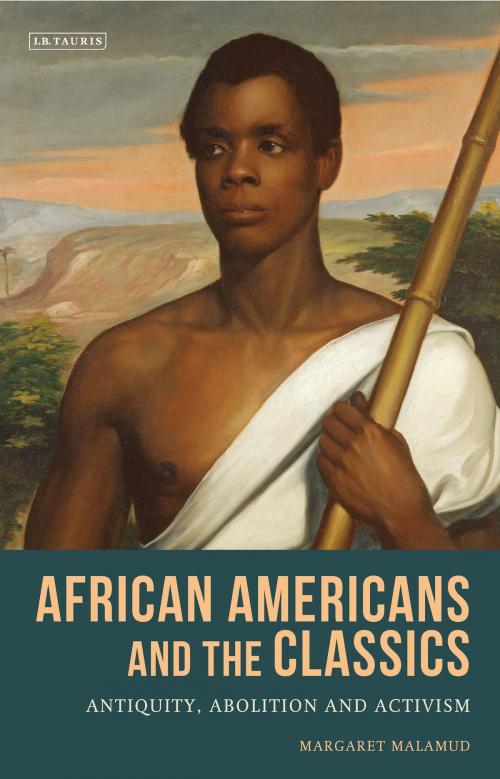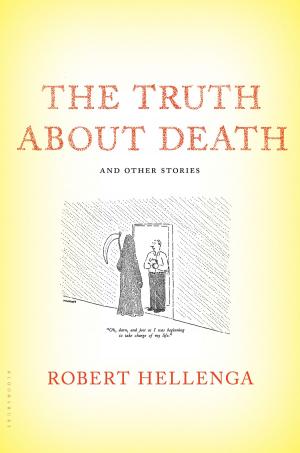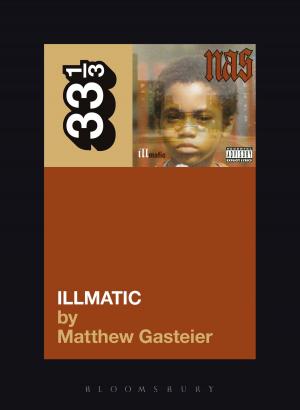African Americans and the Classics
Antiquity, Abolition and Activism
Nonfiction, History, Military, Social & Cultural Studies, Social Science| Author: | Margaret Malamud | ISBN: | 9781786720283 |
| Publisher: | Bloomsbury Publishing | Publication: | October 16, 2016 |
| Imprint: | I.B. Tauris | Language: | English |
| Author: | Margaret Malamud |
| ISBN: | 9781786720283 |
| Publisher: | Bloomsbury Publishing |
| Publication: | October 16, 2016 |
| Imprint: | I.B. Tauris |
| Language: | English |
A new wave of research in black classicism has emerged in the 21st century that explores the role played by the classics in the larger cultural traditions of black America, Africa and the Caribbean. Addressing a gap in this scholarship, Margaret Malamud investigates why and how advocates for abolition and black civil rights (both black and white) deployed their knowledge of classical literature and history in their struggle for black liberty and equality in the United States. African Americans boldly staked their own claims to the classical world: they deployed texts, ideas and images of ancient Greece, Rome and Egypt in order to establish their authority in debates about slavery, race, politics and education. A central argument of this book is that knowledge and deployment of Classics was a powerful weapon and tool for resistance-as improbable as that might seem now-when wielded by black and white activists committed to the abolition of slavery and the end of the social and economic oppression of free blacks. The book significantly expands our understanding of both black history and classical reception in the United States.
A new wave of research in black classicism has emerged in the 21st century that explores the role played by the classics in the larger cultural traditions of black America, Africa and the Caribbean. Addressing a gap in this scholarship, Margaret Malamud investigates why and how advocates for abolition and black civil rights (both black and white) deployed their knowledge of classical literature and history in their struggle for black liberty and equality in the United States. African Americans boldly staked their own claims to the classical world: they deployed texts, ideas and images of ancient Greece, Rome and Egypt in order to establish their authority in debates about slavery, race, politics and education. A central argument of this book is that knowledge and deployment of Classics was a powerful weapon and tool for resistance-as improbable as that might seem now-when wielded by black and white activists committed to the abolition of slavery and the end of the social and economic oppression of free blacks. The book significantly expands our understanding of both black history and classical reception in the United States.















